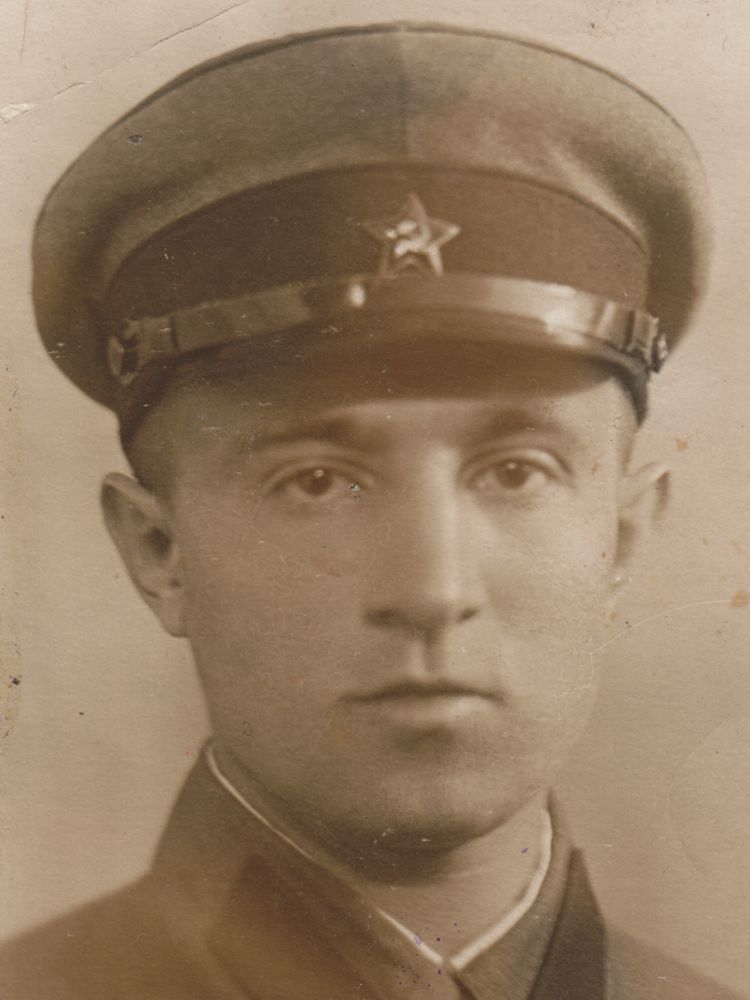Yakov Pikus was born in Minsk in 1922. His parents were Rivka and Yudel Pikus. In 1928, the government confiscated his father’s small business and revoked his right to vote, making him a “lishenets” (disenfranchised person). Members of this social category (in which Jews were overrepresented, because of their former and current occupations) became pariahs, and the standard of living of their families would inevitably deteriorate, since they were denied the right to university education and free medical care; had limited access to the relatively cheap food available in state-owned stores, etc. However, the new Soviet Constitution adopted in December 1936 made all Soviet citizens equal, and Yakov finished a ten-year school in Minsk. In 1940, he was drafted into the Red Army and assigned to an anti-aircraft regiment.
On June 22, 1941, when the Soviet-German War broke out, Yakov's training unit was stationed in the vicinity of Leningrad, and it immediately joined in the defense against the German air force, which had begun to bomb Leningrad already in late June 1941. In September that year, the regiment was sent to halt the German armor advance on the city. The enemy tanks were stopped, and the Siege of Leningrad commenced. Pikus joined the infantry, and was appointed commander of a rifle unit that took part in numerous attempts to break the siege. He was wounded in one such clash.
After recovering, Pikus was transferred to a mortar regiment, where he was placed in charge of reconnaissance. The regiment was sent back to the Leningrad Front, and Pikus found himself in one of its toughest sectors. As he would later recall:
“The German trenches in the area that we defended were usually located on heights. Our own trenches lay in the Leningrad marshland. In autumn, they became filled with water. And the fighters had no boots, covering their feet with windings and shoes”
Aviv, January-February 2004, p. 15.
To quench their hunger, the soldiers drank salt water. This caused dystrophy, and many of them died of dysentery. Apart from the cold and hunger, the soldiers also had to endure grueling German shelling: In the dugouts, there was no way to avoid direct hits and bomb fragments. In 1942, Pikus was awarded the medal “For the Defense of Leningrad.” It was followed by two medals “For Courage.”
In June 1943, Pikus took part in lifting the Siege of Leningrad, and he fought in the Battle of Berlin in 1945. He wrote on the wall of the Reichstag building: “I have come from besieged Leningrad to finish the war in Berlin” (Aviv, January-February 2004, p. 18).
After the end of the war, Pikus returned to Minsk and graduated from the local Polytechnic Institute. He went on to work as an electrical engineer on numerous large-scale construction projects in different areas of the USSR.







